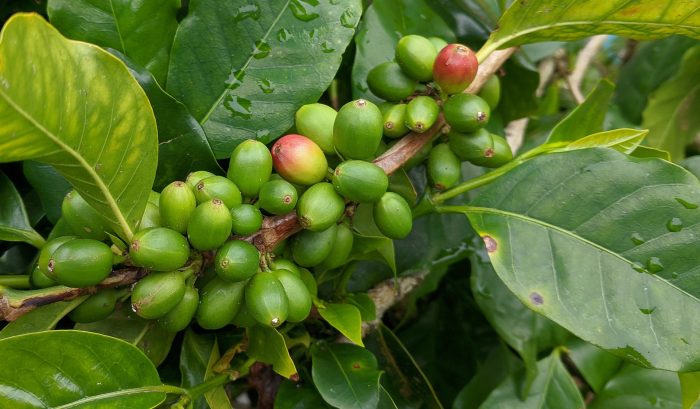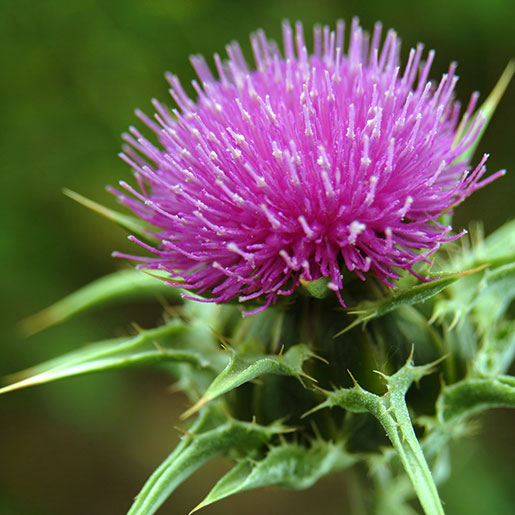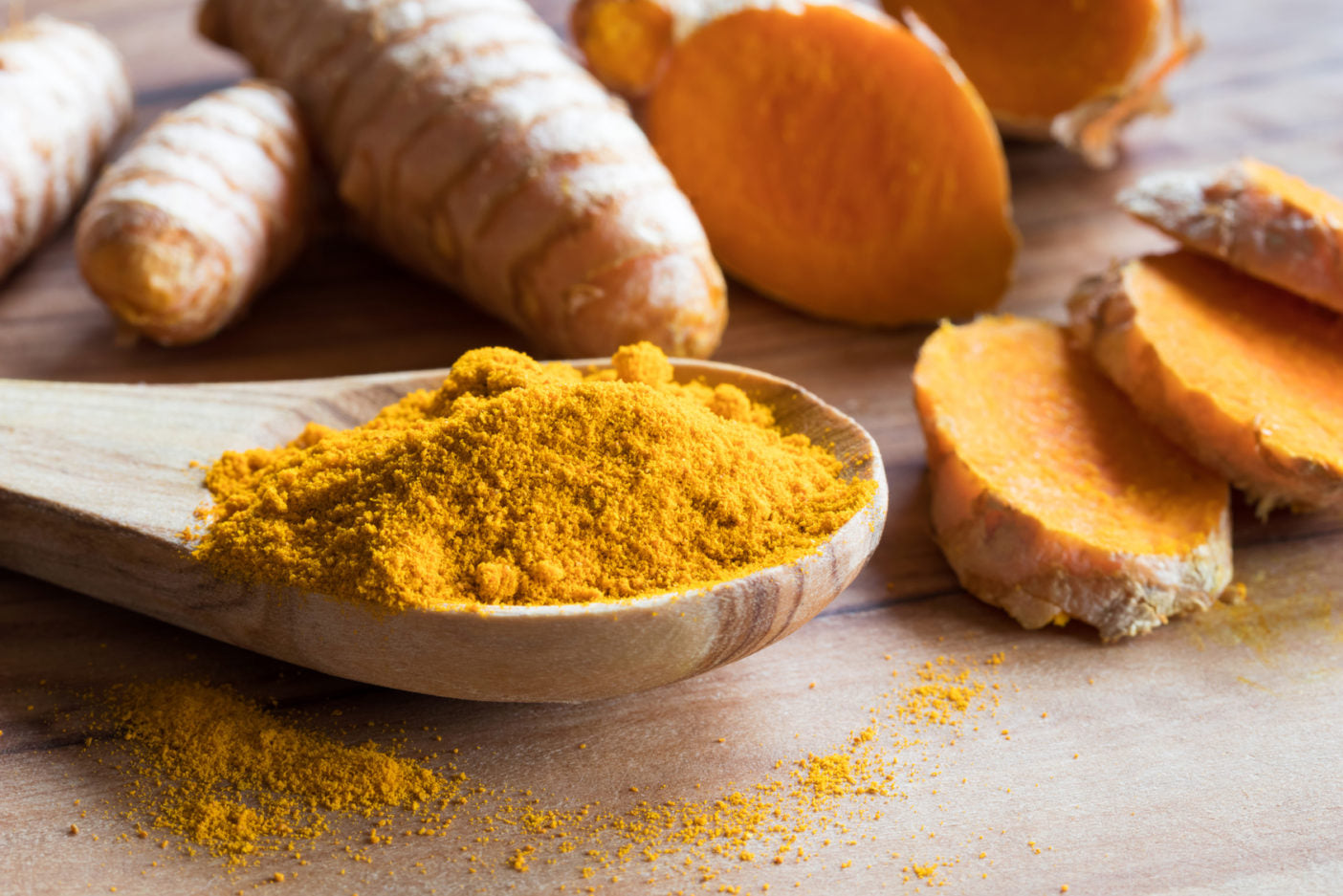
Coffee Leaf Cell Extract and How It Helps with Aging
What is Coffee Leaf Cell Extract?
Coffea aLeaf Cell Extract is an ingredient derived from the cells of the leaves of the Coffea arabica plant, which is commonly known as the Arabica coffee plant. This extract is utilized in skincare and cosmetic formulations for its potential benefits.
Here are some aspects of coffee leaf cell extract:
- Antioxidant Properties: Similar to coffee beans, coffee leaves contain antioxidants, including polyphenols. Antioxidants help neutralize free radicals, which are unstable molecules that can contribute to skin aging and damage. By providing antioxidant protection, coffee leaf cell extract may contribute to maintaining skin health.
- Anti-Inflammatory Effects: Some studies suggest that coffee leaf extracts may have anti-inflammatory properties. Inflammation is a common factor in various skin conditions, and reducing inflammation can help soothe the skin, minimize redness, and support overall skin health.
- Protective Effects: Coffee leaf cell extract may have protective effects against environmental stressors, such as UV radiation and pollution. This protection can help prevent damage to the skin caused by external factors and support the skin's natural defense mechanisms.
- Skin Revitalization: The extract may contribute to skin revitalization by promoting cell turnover and supporting collagen production. These actions can help improve skin texture, reduce the appearance of fine lines, and enhance overall skin radiance.
- Hydration and Nourishment: Coffee leaf cell extract may have hydrating properties, helping to maintain skin moisture. Additionally, it may provide essential nutrients that nourish the skin, contributing to a healthier and more vibrant complexion.
How Coffee Leaf Cell Extract help with aging
Coffee leaf cell extract may offer several potential benefits for aging skin, thanks to its rich composition of antioxidants, anti-inflammatory compounds, and other bioactive substances. Here are ways in which coffee leaf cell extract may help with aging:
- Antioxidant Protection: Coffee leaf cell extract is known to contain antioxidants, including polyphenols. These antioxidants help neutralize free radicals, which are unstable molecules that can damage skin cells and contribute to premature aging. By providing antioxidant protection, coffee leaf cell extract may support the skin in maintaining a more youthful appearance.
- Collagen Support: The extract may play a role in supporting collagen production in the skin. Collagen is a crucial protein that provides structural support and elasticity to the skin. As the skin ages, collagen production naturally declines, leading to the formation of wrinkles and sagging. By promoting collagen synthesis, coffee leaf cell extract may help improve skin firmness and reduce the appearance of fine lines and wrinkles.
- Anti-Inflammatory Properties: Inflammation is a common factor in the aging process of the skin. Coffee leaf cell extract, with its potential anti-inflammatory properties, may help soothe irritated skin, reduce redness, and contribute to a calmer complexion.
- Skin Revitalization: The extract may support cell turnover and renewal, contributing to skin revitalization. This can lead to a smoother and more even skin texture, diminishing the appearance of dullness and uneven pigmentation associated with aging.
- Moisturization: Coffee leaf cell extract may have hydrating properties, helping to maintain skin moisture. Adequate hydration is essential for plump, supple skin, and it can minimize the visibility of fine lines and dryness associated with aging.
- Environmental Protection: The antioxidants in coffee leaf cell extract may provide a level of protection against environmental stressors, such as UV radiation and pollution. Shielding the skin from these external factors can help prevent premature aging and maintain skin health.






